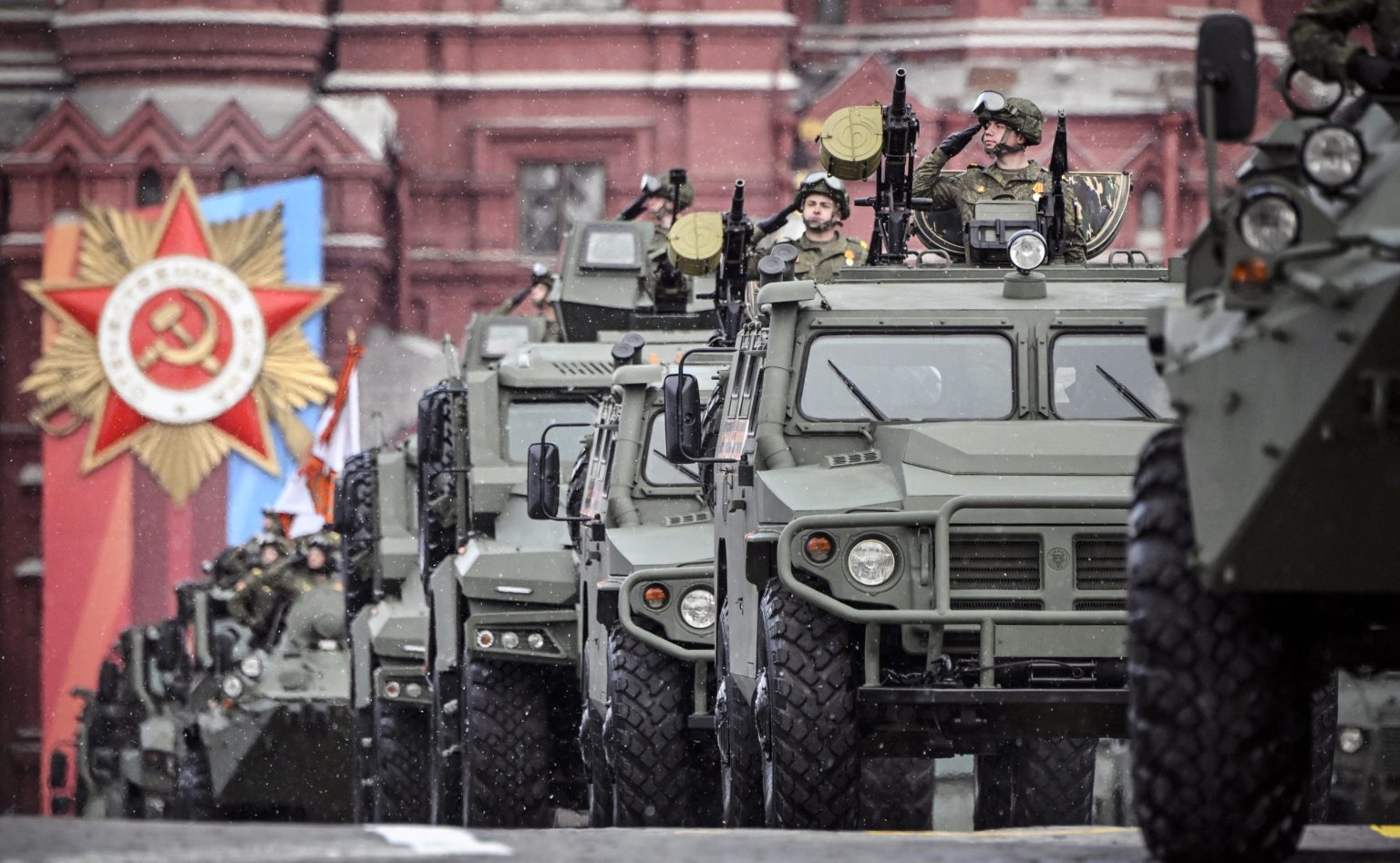President Vladimir Putin’s recent reshuffle of top-level officials in Russia may suggest concerns within the Kremlin about the progress of the full-scale war on Ukraine. The decision to replace long-serving Defense Minister Sergei Shoigu with economist Alexei Belousov indicates worries about corruption levels and misuse of funds within the Russian military, conflicts with the defense industrial base, and the perceived ineffectiveness of the Ministry of Defense as a whole. Shoigu, who had been in the role since 2012, faced criticism for the military’s failings in the ongoing conflict in Ukraine, despite initial reports of success in modernizing Russia’s military following the annexation of Crimea in 2014.
However, Russia’s invasion of Ukraine has exposed systemic corruption and incompetence in the military establishment that Shoigu failed to address. The arrest of his deputy on corruption charges signaled the end of his era, paving the way for Putin to appoint Belousov to head the Ministry of Defense. Belousov’s appointment is seen as a move to strengthen the country’s war economy, as he is expected to bring a more professional and innovative approach to the role. Despite not having a power base of his own, Belousov is known as a loyal and independent technocrat who is likely to support Russian generals in prosecuting the war without interference.
Belousov’s appointment reflects Putin’s focus on fitting the economy of the security bloc into the country’s overall economy, with an emphasis on innovation and effective resource allocation in a time of prolonged conflict. As a pragmatic economist with a reputation for honesty and anti-Western views, Belousov is expected to tackle corruption within the Defense Ministry and improve cooperation with the defense industrial base to bolster Russia’s military capabilities in the war against Ukraine. The reshuffle, while seen as a response to the challenges faced in the conflict, may also indicate Putin’s determination to rotate loyalists within a small group of officials rather than make significant changes to his leadership strategy.
The appointment of Belousov as Defense Minister is seen as a strategic move to address the challenges and shortcomings faced by the Russian military in the ongoing war. Belousov’s reputation as a technocrat and anti-corruption advocate suggests a shift towards a more efficient and transparent approach to managing the defense sector. With a focus on improving oversight and cooperation with the defense industry, Belousov’s leadership is expected to bring a fresh perspective to the Ministry of Defense and contribute to efforts to win the war in Ukraine. Despite concerns about the war not going according to plan, Putin’s decision to appoint Belousov reflects a commitment to tackling issues within the military and implementing reforms to strengthen Russia’s position in the conflict.


